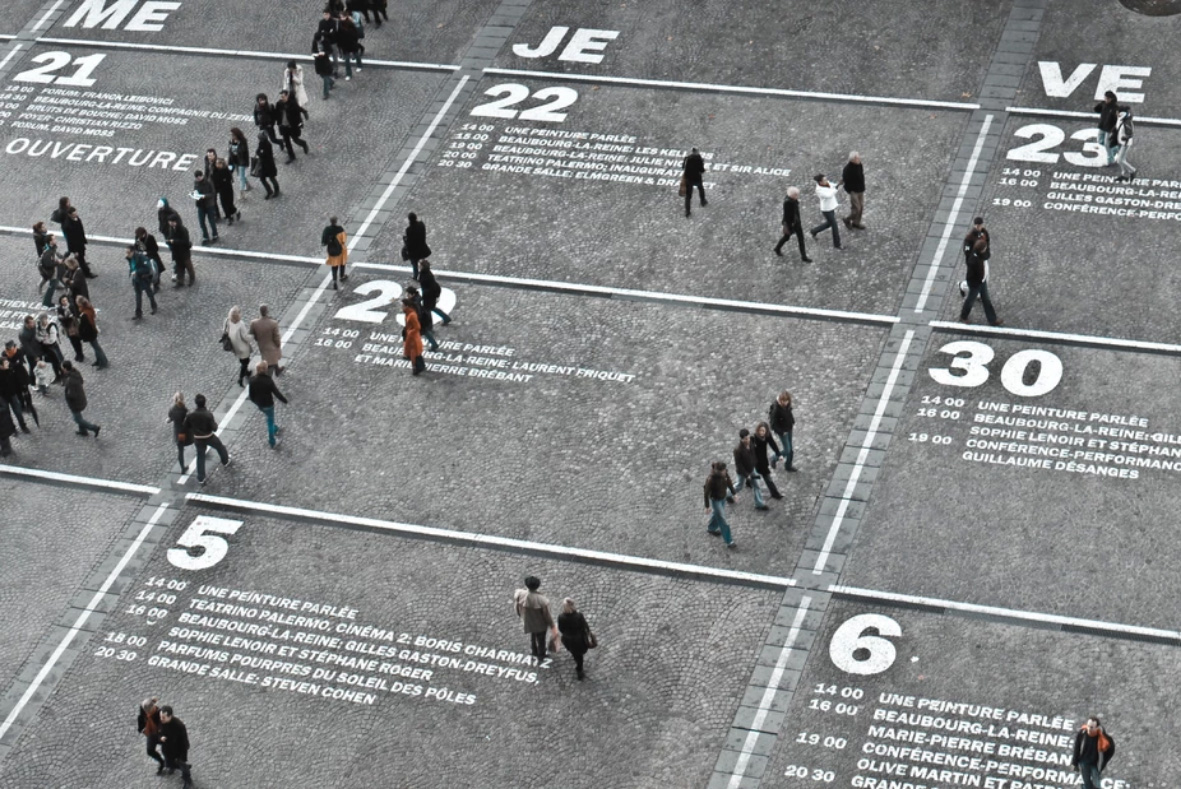The default assumption when a business dispute occurs is that if parties cannot resolve their differences through private negotiations, the matter will eventually go to court. Some, especially from countries with a strong legal culture like the UK, will ask if there is a point including an alternative dispute resolution clause ("ADR clause") in their contracts when the litigation process is tried and tested. Of course, business owners are free to insist on their strict legal rights, but there are other reasons to consider when you have a business dispute in your hands:
Time

For some, the only experience they have of court is through popular media, which inflates the dramatic aspects of litigation and downplays the amount of time required to prepare a dispute of trial. It's more than simply putting the relevant witnesses and documents before the judge - there are at least 4 stages to litigation in Singapore, and each of them can easily take 3 months. The best case scenario is that the judge will hear your case in 18 months because he or she has other cases waiting in line before you.
So ask yourself - could you do better than wait at least 18 months (or in my personal experience - up to 7 years) for a final outcome?
What if you could
- Get parties into mediation within 60 days of the dispute occuring?
- Get your case heard before a private tribunal without having to be placed on the judicial calendar?
These are just some of the possibilities if you could bind each other to an alternative mode of dispute resolution before the dispute happens, at a time when the stakes are lower and parties (and lawyers) are unlike to make decisions calculated to tilt the playing field in their favour.
Cost

Litigation is expensive. There is no way to deny it, because it is a result of different systemic factors:
- Litigation is increasingly paper-based, especially at a time when remote and asynchronous (meaning parties are "heard" by way of written submissions in turn and not verbally in one session) hearings are becoming more prevalent.
- Some lawyers still persist in charging for time spent. Multiply that with the amount of time spent preparing the matter for trial, and having to put that preparation on paper rather than being able to solely rely on oral arguments. That's how the cost starts ballooning.
- Some clients like to use lawyers for insurance when things go south. So some lawyers do additional work to cover as many alternatives as possible to avoid accusations of professional negligence or malpractice.
However, not all forms of ADR result in immediate cost savings. Lawyers would have to consider where the risk of the dispute lies and what the potential stakes are before recommending a particular form or variation of ADR to be locked into the agreement.
Publicity

It is easy to forget that court proceedings are public because the preparation usually happens behind the closed doors of law firms and court chambers. Not everyone can withstand the glare of the public eye while being cross-examined by the opposing lawyer. More importantly, some companies might wish to avoid having to confront allegations that would be damaging to their corporate identity or reputation.
In Singapore, lending institutions keep track of litigation proceedings because they see it as a repayment risk. Sometimes, becoming a defendant on court records is enough to stifle lending, which can be a huge risk for smaller companies which depend on loaned liquidity. Therefore, being able to resolve the dispute through ADR, rather than being dragged into court, would prevent a reduction of their credit rating.
Of course, with a pro-ADR judicial policy in most levels of Singapore courts, one could hope to settle the dispute before it moves towards trial. However, it is a much safer bet to secure agreement to ADR before the dispute arises, since there aren't any direct penalties for refusing to attempt ADR in the middle of litigation. As far as I'm aware of, there is no decision where a refusal to go to mediation or arbitration, in the absence of a prior agreement, actually lead to adverse cost consequences for the refusing party even if they won. So take the opportunity to secure a more efficient way of resolving your business disputes.
Entering into a deal with a new customer or supplier, and looking to avoid being dragged into a costly lawsuit? Contact me via email ([email protected]) or LinkedIn message (Boon Gan Ng) me to find out how you can avert such a situation.
许多商家认为,商业纠纷若谈不妥,就必须上庭由法官处理,特别是倾向法制的国家(例如英国)。他们对法院与普通法系统充满信心,觉得上庭不但自然,而直接了当。有些甚至认为,合约除了指定管制法律、管辖法庭已足够,指定额外解决纠纷模式是多此一举。但是,您是否有考虑到起诉程序对生意的影响?
时间

大众同过媒体认识的法律程序,通常是个肤浅的观点。审讯之前的准备工作,可以分为3大阶段,而且每个阶段平均需要3个月完成,过了至少一年半才能把案件呈现给法官。即使能迅速地完成准备工作,还需要法官找适当的日期,所以等待的时间可能不知一年半。我本身甚至经验过长达7年的案子。
但双方可以依赖其他纠纷解决模式,避免漫长的等待:
- 双方可同意纠纷引起的60日之内,申请庭外和解,或
- 通过仲裁中心,委任私人仲裁团解决纠纷。
当然,在纠纷引起之前就是得到双方同意的最佳时刻。纠纷一引起,双方律师会尽量让各自的当事人占优势,而不注重如何以最短的时间解决纠纷。
费用

通过法律程序解决纠纷,费用难免昂贵。
- 审讯之前,律师必须准备各种文件。尤其在冠状病毒繁衍的情况下,许多审讯转成书面程序,律师不得花更多时间做好文件准备工作。
- 如果律师以时间作为费用的根据,那么准备工作越多,费用自然只有增长的趋势。
- 律师对当事人的专业义务繁重,为了庇护自己,有些律师不得不多做点准备工作,以防当事人指责律师疏忽。
但是,不是每一种纠纷解决模式一定能降低费用,必须考虑纠纷的范围与重要性才能指定适当的模式。
公开性

让法庭审讯的纠纷最终会公开,特别是上庭时大众有权利坐在法庭里观察程序与法官、律师、证人之间的关系。作为证人,不但需要做出被拷问的心理准备,也必须能容忍陌生人对一举一动指指点点。有些大公司为了避免家丑往外扬而选择其他的纠纷解决模式,以防在公众面前伤害了商业名誉。
况且,银行会注意它们的客户是否卷入法律程序,被起诉的商家因此被视为信用风险。对时常依赖贷款持续生意的商家,法律程序威胁到生意的稳定性,所以通过其他纠纷解决模式能避免此类的金融风险。
虽然新加坡法院鼓励双方尝试其他纠纷解决模式,但先得双方提前同意还是最佳选择。况且,虽然法院指定双方不得不合理拒绝尝试其他模式,但至今还未见到任何因拒绝和解而失败的一方被法院制裁。总而言之,双方在签署合约前应当考虑如何以省钱省事的模式解决商业纠纷。
遇到新顾客或供应商,而想避免昂贵的法律程序吗?通过电邮 ([email protected]) 或 LinkedIn message (Boon Gan Ng) 咨询。